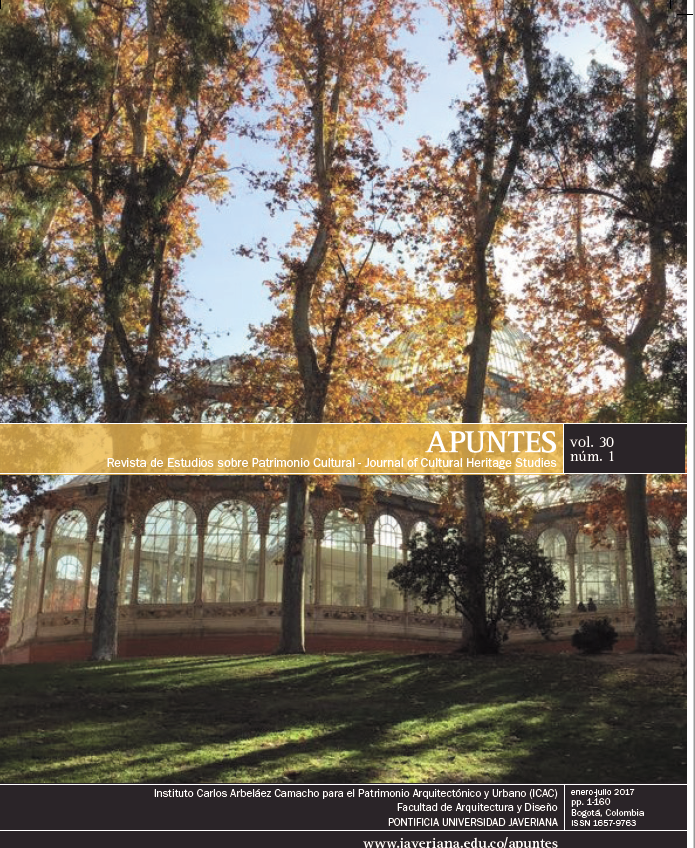Abstract
This article asks about the knowledge transmission processes on cultural heritage that occur in two music festivals in the United States and Colombia (Jazz Fest and Petronio Álvarez). With a theoretical basis on the anthropology of knowledge, we propose that both festivals generate instances for the transmission of knowledge through the combination of two cognitive processes: those centered on bodily dispositions and physical presence (with the body as axis), and those centered on direct and propositional teaching (with the spoken word as the axis). We conclude that, given the particularities of the cultural heritage exalted in these festivals, the instances of transmission of knowledge that privilege the corporal experience are equally or more important than the logocentric ones. Also, there are dimensions of this type of heritage that can only be apprehended in all their complexity from corporality. The text extends an invite to investigate the micro-mechanisms of the knowledge process that occurs around the intangible and tangible cultural heritage, and to explore the contributions of anthropology to the discussions about heritage. This article is the result of a qualitative research carried out between 2015 and 2016 in both festivals
Apuntes is registered under a Creative Commons Attribution 4.0 International Public License. Thus, this work may be reproduced, distributed, and publicly shared in digital format, as long as the names of the authors and Pontificia Universidad Javeriana are acknowledged. Others are allowed to quote, adapt, transform, auto-archive, republish, and create based on this material, for any purpose (even commercial ones), provided the authorship is duly acknowledged, a link to the original work is provided, and it is specified if changes have been made. Pontificia Universidad Javeriana does not hold the rights of published works and the authors are solely responsible for the contents of their works; they keep the moral, intellectual, privacy, and publicity rights.
Approving the intervention of the work (review, copy-editing, translation, layout) and the following outreach, are granted through an use license and not through an assignment of rights. This means the journal and Pontificia Universidad Javeriana cannot be held responsible for any ethical malpractice by the authors. As a consequence of the protection granted by the use license, the journal is not required to publish recantations or modify information already published, unless the errata stems from the editorial management process. Publishing contents in this journal does not generate royalties for contributors.


